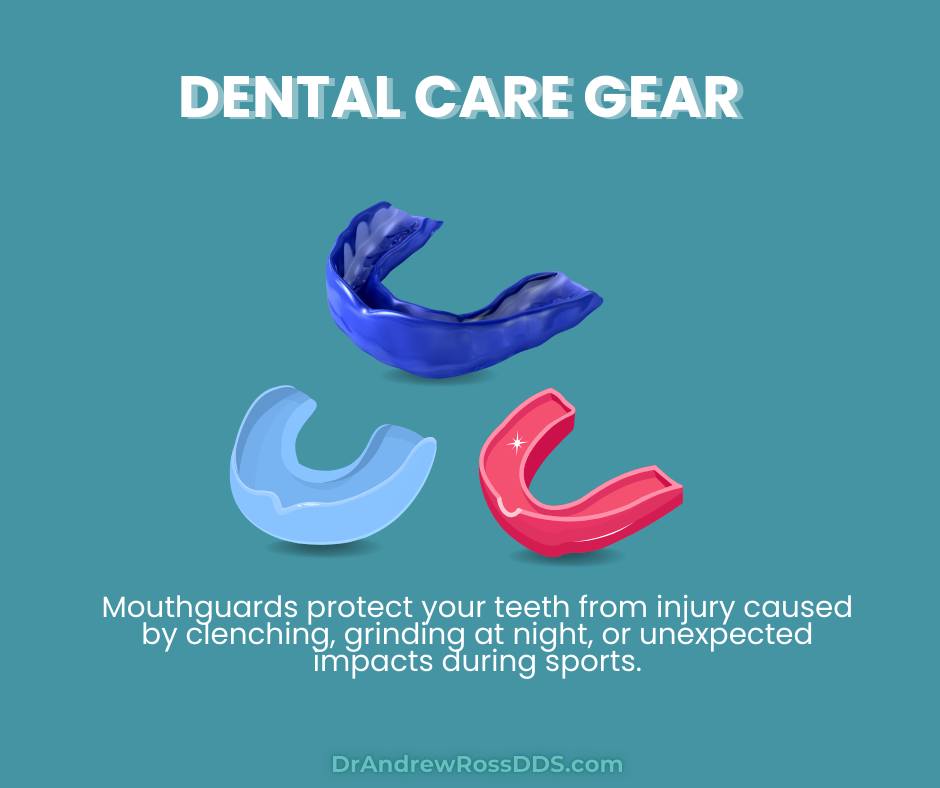Around 30-40 million people in the U.S. experience some sort of teeth grinding? It can be painful and cause serious damage to your teeth. If you suffer from this oral health condition, you may notice your teeth beginning to flatten, swelling and muscle pain around the jaw, and even clicking sounds when you open and close your mouth.
If you think you could be grinding your teeth, here are some common factors.
1. Stress and Anxiety
If you’re having a particularly stressful period in your life, you could also be grinding your teeth as a result. Clenching your teeth is your body’s natural way of releasing the stress hormone known as cortisol.
2. Certain Medications
If you’ve experienced symptoms of teeth grinding as a result of a new medication, be sure to address this with your doctor and dentist. It's not uncommon to experience teeth grinding as a side effect of certain medications.
3. Sleep Disorders
If you’re dealing with sleep apnea, you may also notice other symptoms like lack of energy, dry throat, restless sleep, forgetfulness, mood changes, and even depression in addition to teeth grinding.
4. Bite Misalignment
When your bite is uneven or you have crooked teeth, it can cause pain and pressure on your jaw joints—this condition is known as TMJ. It is thought that TMJ could lead to teeth grinding, as it causes your jaw to spasm.
5. Family History
It's important to be mindful of all oral health issues if a family member suffers from it. It's common for nighttime teeth grinding to run in the family so if you have a parent or sibling who has been diagnosed with teeth grinding, you could also be at risk.

